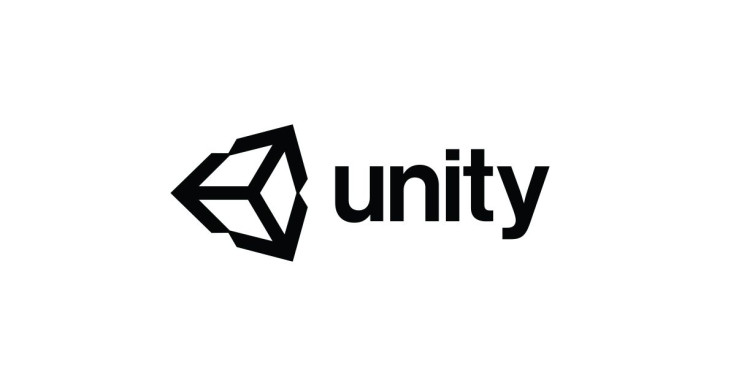Unity, the company behind the ubiquitous Unity Game Engine, came under fire recently for adding new features to its product that empower the gambling industry. In a post from the official Unity account on Twitter, the company was proud to announce that the latest build of the Unity Game Engine has all-new features and functions to assist in the development of gambling and casino games.
While the official Unity Twitter account has since deleted the tweet that sparked the controversy, Twitter user @XCK3D was able to keep a record of it (thanks, GamesIndustry.Biz!), as shown in the tweet below:
In the tweet, Unity announced that the latest version of their game engine, Unity 2019.1, had approximately 300 new features, "many of which are especially helpful for developers in the gambling industry."
From a business standpoint, there's nothing wrong with the decision, nor the announcement. The gambling industry is extremely lucrative, and by adding features that satisfy their needs, the Unity Game Engine is able to penetrate the gambling industry and potentially become a giant in that industry as well as in traditional gaming. However, as tweeted by Insomniac Games' Xavier Coelho-Kostolny:
Video game monetization, loot boxes microtransactions, and more have been the topic of controversy for years now, all because of how they resemble, promote, and even mimic gambling, and therefore, the behavior that comes with it. While it doesn't look like in-game monetization, loot boxes, and games of chance are going anywhere any time soon, it's disheartening to see that the Unity Game Engine is actually trying to blur the lines even further.
By marketing a gaming-industry product for the gambling-industry, Unity isn't only promoting gaming and gambling to share the same tools, but also the same standards, the same rules, and the same techniques. While nobody can see into the future, this seems like a step towards a dystopian society where video games are nothing more than casinos, and where playing a game is as addicting and detrimental as gambling.
What do you think about this news? Do you think it's a good thing, a bad thing, or neither this nor that for the Unity Game Engine to support tools intended for the gambling industry? What do you feel about the current "gambling-like" monetization mechanics that are employed in many games today? Let us know in the comments section below!

















